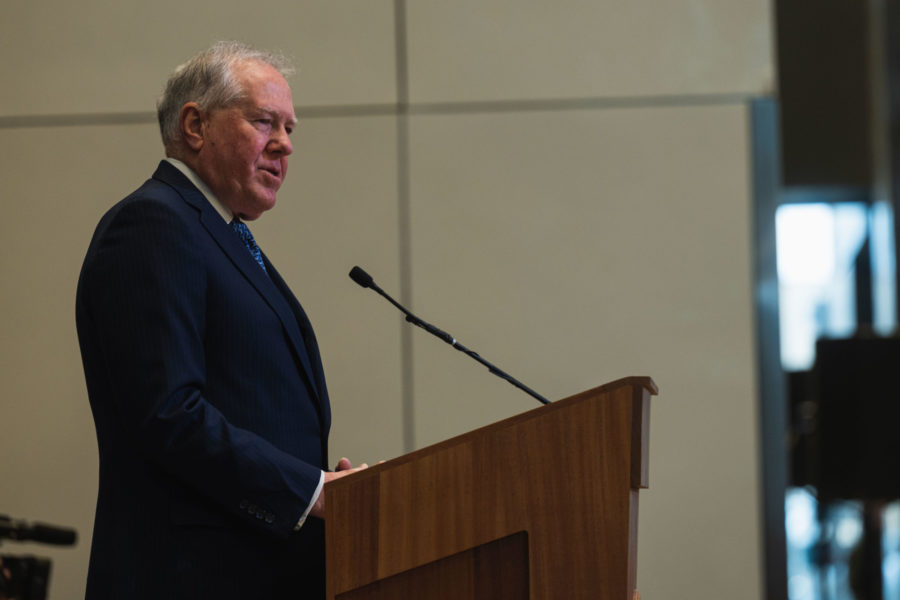Air Force Secretary Frank Kendall has shifted the service’s focus so heavily toward China because leaders in Beijing have thoroughly restructured their military to beat the U.S. in war, he said in a Jan. 11 webinar hosted by the Council on Foreign Relations.
Kendall explained his “China, China, China” focus as a reaction to Beijing having “shifted dramatically the force that they had at one time to the force they have today,” which is keyed almost exclusively to defeating U.S. and allied capabilities.
“The first thing” China did to even the odds with the U.S. was to make its army much smaller, Kendall said, and “that freed up a lot of resources to do other things.”
The next step was the creation of China’s Strategic Rocket Forces, which developed precision, long-ranged weapons “that could target the high-value assets the United States depends upon,” such as forward bases in the Pacific and aircraft carriers, as well as “command and control nodes … and satellites.”
Kill those assets, Kendall said, and “you basically defeated our ability to protect” the U.S. and its allies. China also created a “strategic workforce,” Kendall said, enlarging their space and cyber capabilities.
“So they have done something that reorganizes and postures their military for the purpose of being able to defeat the United States, in particular, and our allies,” he said. In doing so, China also enjoyed the advantage of not having to undo longstanding “stovepipes” of organization, making its forces more agile and effective.
Being “unconstrained by culture … they’ve done some very creative things” both strategically and tactically, integrating their forces “so they work well together,” Kendall said.
Nevertheless, “all of this is unproven,” he said. None of China’s organizations or capabilities have been tested in real-world operations, and its military generally “hasn’t been in a conflict in a very long time.”
China also has uncertainty about America’s secret weapons, Kendall added.
“We have a lot of capabilities we don’t advertise,” he said, and China would do well to be cautious.
As to lessons China may be learning from the war in Ukraine, Kendall reiterated points he’s made previously: Beijing’s takeaways should be that an expected short war may last a long time; that Chinese forces may not perform as well as Chinese leaders are led to believe they will, and that any war may bring economic retribution that may be extremely damaging to China.
China’s nuclear weapons should also be “taken into account,” Kendall said, but “I’m not terribly troubled by that. I do think we need to think carefully about our nuclear posture, and I think the [Biden] administration has done that.”

